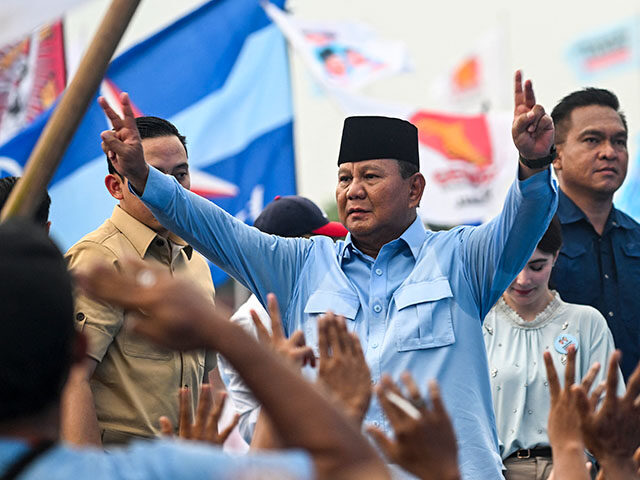Indonesia takes some pride in holding the world’s largest single-day election, but the toll this takes on overworked election staffers is severe.
At least 114 poll workers died and more than 15,000 have required medical treatment since the February 14 elections.
The Indonesian Health Ministry said the poll workers were mostly killed by exhaustion-related diseases such as hypertension, respiratory disease, and heart failure. Roughly 60 percent of the fallen poll workers were between ages 41 and 60.
Channel News Asia (CNA) noted that 2024’s grim death toll was quite a bit lower than 2019, the first time Indonesia held elections for the presidency and legislature on the same day. Almost 900 election workers died during the 2019 contest.
The General Elections Commission implemented several reforms after the deadly 2019 elections, including a maximum age of 55 for poll workers and mandatory health screenings. The health ministry credited these reforms for the 70 percent reduction in deaths from 2019, but said there was clearly room for further improvements.
Indonesia’s poll workers put in agonizing hours, with some reporting shifts of 26 hours and more. They receive few breaks, and they often have to deal with difficult weather conditions. Election officials were seen walking through shin-deep water in flooded parts of Java on February 14, for example.
“In my opinion, the salary was not commensurate with the workload,” one poll worker told CNA. He said he was paid the equivalent of about $77 for working over 24 hours straight.
The workload is enormous during the combined election. In addition to the presidency, Indonesians in February voted for over 730 legislative seats contested by almost 9,900 candidates. Another 250,000 candidates jousted for 20,000 city and provincial legislatures.
Indonesia is the fourth most heavily populated country in the world and its third largest democracy with over 200 million voters. Its elections tend to have very high turnout, and the votes are cast with several pages of paper ballots for each voter.
Before 2019, presidential and legislative elections were held separately, but a 2013 Constitutional Court decision required them to be held together, in part because it would supposedly be more efficient and less prone to fraud. The change was vigorously opposed by former military leader Prabowo Subianto, who lost the 2014 and 2019 elections but went on to be elected president in February 2024.
Indonesia also moved away from “closed” ballots after 2013, meaning voters could select individual candidates instead of simply voting for a party. Several politicians from the governing PDI-P party challenged the open ballots in court in June, but the Constitutional Court rejected their suit.
Election observers made some proposals to streamline the ballot-counting process and include more electronic assistance, but most of them said holding all of the elections at once is simply too much. Some suggested splitting the provincial and municipal elections to a different day and holding them at alternating two-year intervals.
“As long as the model of simultaneous elections remains… I am sure that the fatigue of officers, who are at risk of illness and death, will continue to occur,” warned University of Indonesia election law expert Titi Anggraini.

COMMENTS
Please let us know if you're having issues with commenting.